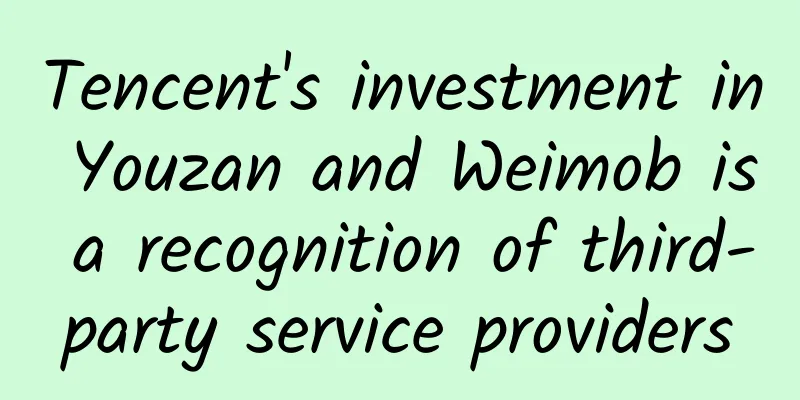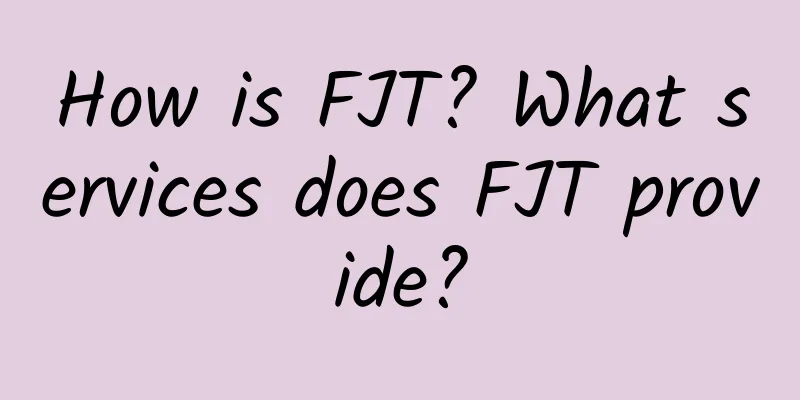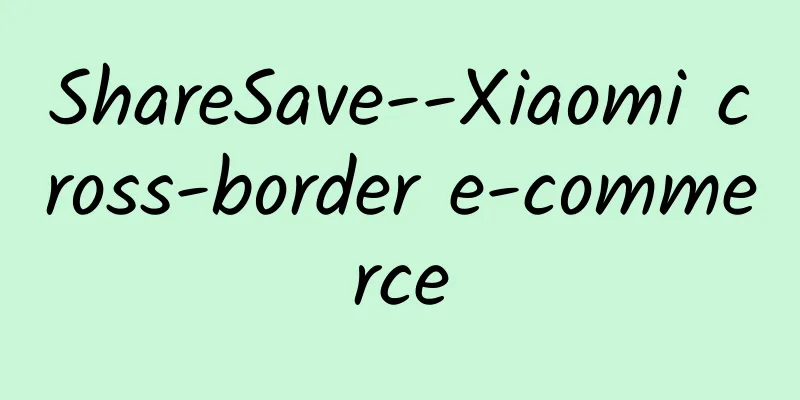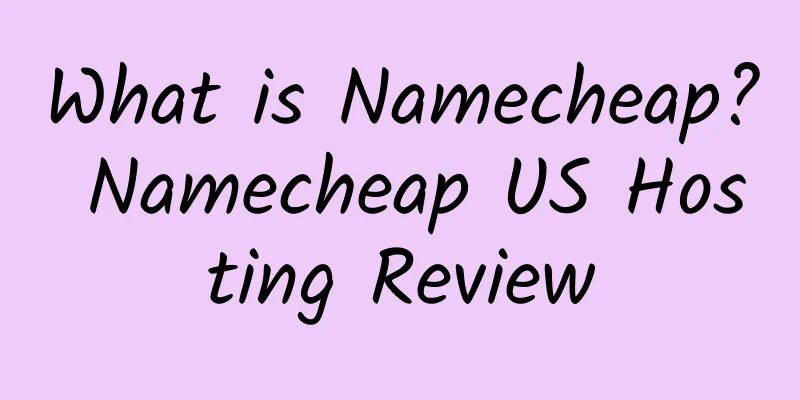Tencent's investment in Youzan and Weimob is a recognition of third-party service providers

|
After the Hong Kong stock market closed, Tencent's investment in two Hong Kong-listed WeChat third-party service providers was disclosed one after another, including Tencent's increase in holdings of 96.82 million issued common shares of Weimob, becoming Weimob's second largest shareholder with a 7.73% stake; and according to Youzan's announcement, Tencent led Youzan's new round of financing. According to the information disclosed by Youzan, Tencent's wholly-owned subsidiary purchased 6.7% of Youzan's shares for approximately HK$550 million, also becoming the second largest shareholder after Whitecrow. At the same time, Youzan's overall financing in this round was HK$910 million, accounting for 11% of the total share capital after the expansion. After the news was disclosed, Weimob's stock price rose by nearly 20% today, with a market value of nearly HK$10 billion. Youzan's market value also rose by nearly 10%, with a market value just approaching HK$10 billion. The market reacted enthusiastically to the news of Tencent's investment because Tencent's increased stake in WeMall and investment in Youzan represent Tencent's official attitude towards these two listed companies that have emerged from the WeChat ecosystem. Although both WeMall and Youzan have described their business models in various ways, such as SAAS, marketing, and e-commerce services, the main businesses on which the two companies rely for listing can basically be attributed to the category of "WeChat third-party services." As the intermediary connecting the Tencent ecosystem and various customers, Tencent's attitude towards third-party service providers is the key to determining the fate and future of these two companies. Tencent's investment in a leading third-party service provider is an investment to recognize its value Third-party service providers are an industry that has been following the WeChat ecosystem for many years. Looking back now, the reasons for the demand can be summarized as follows: Most companies have a demand for WeChat traffic, but developing mini-programs, operating public accounts or placing WeChat ads requires development capabilities and operational experience. Tencent is unable to serve so many companies with different needs, nor can it go deep into various industries to expand its customer base. Therefore, third-party service providers have emerged between the Tencent ecosystem and its customers. Third-party service providers are actually very helpful to the development of the WeChat ecosystem. For Tencent officials, they are a helper to help expand customer base and lower the entry threshold; for customers, they are also happy to use the traffic in the WeChat ecosystem by paying a certain service fee. However, the existence of WeChat as a third party actually has many problems. It has become a third-party connector between Tencent's ecosystem and customers. It controls customers but does not follow Tencent's ideas 100%. According to Tencent's concept of "connecting everything" and the characteristics of the Internet's "disintermediation", the middleware will be removed sooner or later as the technology matures and the ecosystem expands. This is why WeChat officials rarely mentioned third parties in the past, and why they rarely invited third parties to the stage at various WeChat evangelistic conferences. As a company that relies on the WeChat ecosystem, WeChat's third-party service providers are very happy to label themselves as Tencent. For example, when WeMall was first listed, although Tencent held less than 3% of the shares, WeMall still focused on promoting the fact that Tencent was its shareholder. Therefore, when Tencent invested in WeMall and Youzan, two leading WeChat third parties, this event became very indicative, because it was Tencent's official use of real money to recognize the value of third-party service providers and acknowledge that third-party service providers will play a long-term role in the Tencent ecosystem. This is actually good news for all third-party developers. Tencent's industrial Internet business needs third-party help Tencent's investment in third-party service providers today is not only for the developer ecosystem of WeChat, but also for the industrial Internet strategy that Tencent currently attaches great importance to. On September 30 last year, after Tencent completed its internal structural adjustment and established the CSIG business group, it then proposed the concept of "Industrial Internet + Consumer Internet", elevating the Industrial Internet to the level of Tencent's core strategy for the next 20 years. Just like when Tencent was exploring the WeChat ecosystem, industrial Internet also requires a third party to play a lubricating role. Faced with China's numerous small and medium-sized enterprises and traditional companies, Tencent needs a third party to assist in expanding its customer base, and Tencent Cloud also needs a third party to build a SAAS layer on top of it. Just like in the previous interview with [Penguin Ecology], WeChat said that it has removed the role of "extension manager" and handed over all offline mobile payment expansion to service providers. When Tencent is engaged in industrial Internet, it must coexist with third-party service providers and share benefits together. For Tencent itself, from initially ignoring or even resisting third parties to now actively investing in and relying on third parties, Tencent, which has been making C products for 20 years, has finally become familiar with the ways of playing the industrial Internet. |
<<: Popular Science! What is eBay?
>>: What is Pinterest? History of Pinterest
Recommend
New factory inspection requirements: woolworths factory inspection
New factory inspection requirements: woolworths f...
Tobacco Laboratory Quality Management System
1. Introduction to the tobacco laboratory quality...
Why did Adidas lose?
Li Ning has been in an awkward position since 200...
How is Bar-headed Goose? What are the service advantages of Bar-headed Goose?
How about the bar-headed goose? Founded in 2018, ...
No idea for Shopee? Analysis of Shopee's internal traffic and promotion methods
For e-commerce sellers, traffic equals sales and ...
PepsiCo announces new global corporate social responsibility goals
PepsiCo (NYSE: PEP), the world's second-large...
Where should I start planning my eBay store operations? (Part 2)
eBay store operation is the key to whether eBay s...
How is Yiyutong Technology? What functions does Yiyutong Technology service have?
How about Yiyutong Technology? Yiyutong Technolog...
How about Haofang Group? What businesses does Haofang Group have?
How about Haofang Group? Founded in 2006, Haofang...
The development of FSC forest certification in China
In 1999, FSC issued the first CoC certificate in ...
What are the BSCI factory inspection regulations for the work site?
1. Installation places for fire hydrants, fire ex...
What is Techbargains? What are the requirements for posting on Techbargains?
What is Techbargains? TechBargains is one of the ...
What is Tianhai Kangsote Customs Management Consulting? What services does Tianhai Kangsote Customs Management Consulting provide?
Shanghai Tianhai Kangsote Customs Management Cons...
How much does KeywordInspector cost? What sites are KeywordInspector applicable to?
KeywordInspector provides sellers with the functi...
What is Gougou.com? What services does Gougou.com provide?
Gougou.com is a website that provides a platform ...









